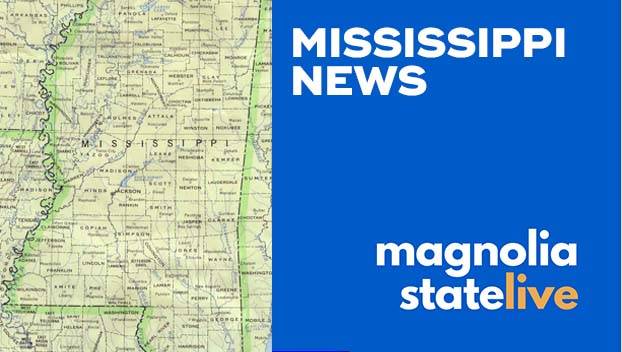Mississippi mayor urges governor to ‘shut down the state’ over coronavirus
Published 9:29 pm Sunday, March 29, 2020
Mayor: step up COVID-19 restrictions. Governor: prays
The mayor of a coastal Mississippi city called on the governor Sunday to step up restrictions imposed because of COVID-19.
Gov. Tate Reeves “needs to shut down the state,” Moss Point Mayor Mario King told WLOX-TV on Sunday.
Moss Point is a city in Jackson County, which had 35 of the nearly 760 cases in Mississippi as of Sunday. Moss Point’s 13,700 residents include 19 who have the disease, King said.
He said he planned an emergency meeting Sunday of the city’s Board of Aldermen.
“This is serious,” King said. “People are not social distancing, they are continuing to have large gatherings. We are going to have to step it up a notch.”
King is among thousands of people who feel Reeves has done too little.
Reeves did not mention King’s comments during a Sunday afternoon livestream with Dr. Thomas Dobbs, the state health officer.
But he did say there was the possibility of issuing some local shelter in place orders next week, depending on recommendations of scientists monitoring data on the spread of the virus.
They also discussed all facets of the fight against the virus, with Dobbs warning the worst is yet to come.
“We’re going to see more deaths. We are going to see more outbreaks in nursing homes,” Dobbs said. “This is the beginning of the bad part.”
Earlier, Reeves held a 15-minute Facebook livestreamed prayer session Sunday morning, during which he prayed for help making the right decisions to reduce the outbreak’s impacts in Mississippi.
State figures released Sunday showed the number of COVID-19 diagnoses up 95 and the number of deaths up one, to 14.
Reeves has declared a state of emergency, closed schools and ensured paid leave for local level employees, his office said Friday in an email.
For most people, the new coronavirus causes mild or moderate symptoms, such as fever and cough that clear up in two to three weeks. For some, especially older adults and those with existing health problems, it can cause more severe illness, including pneumonia and death.






